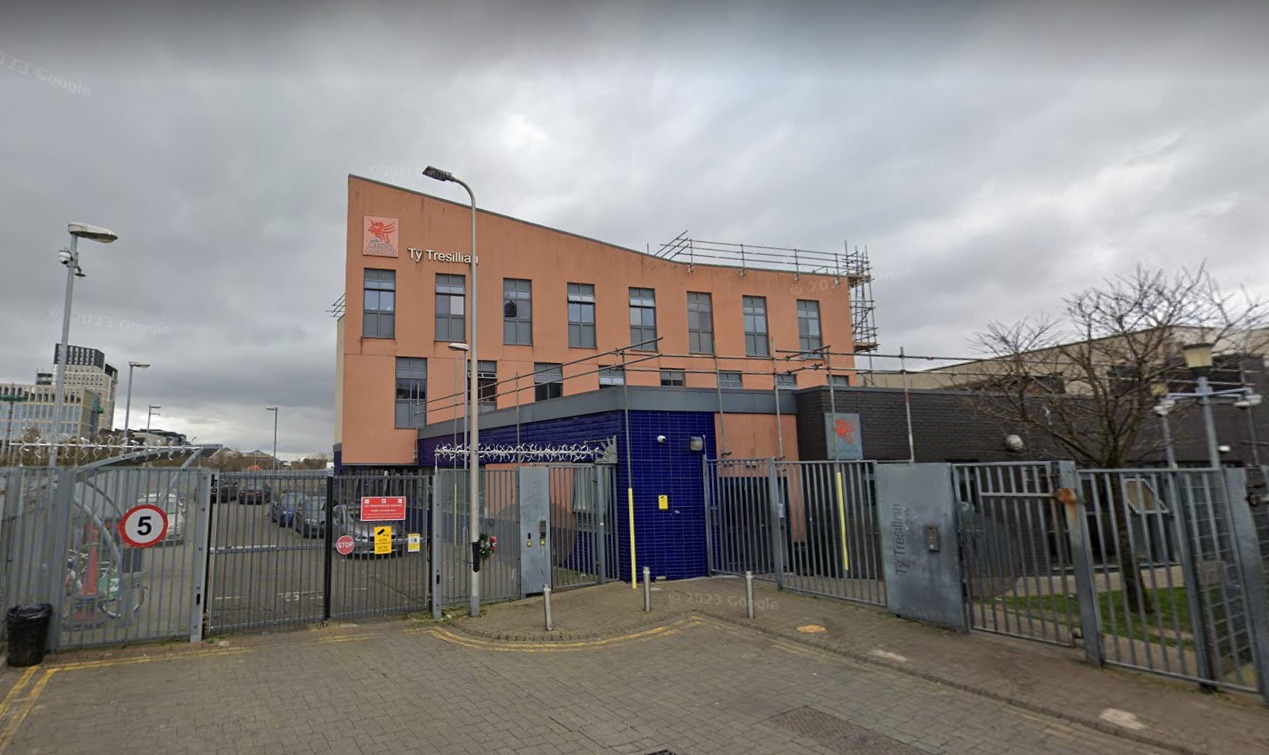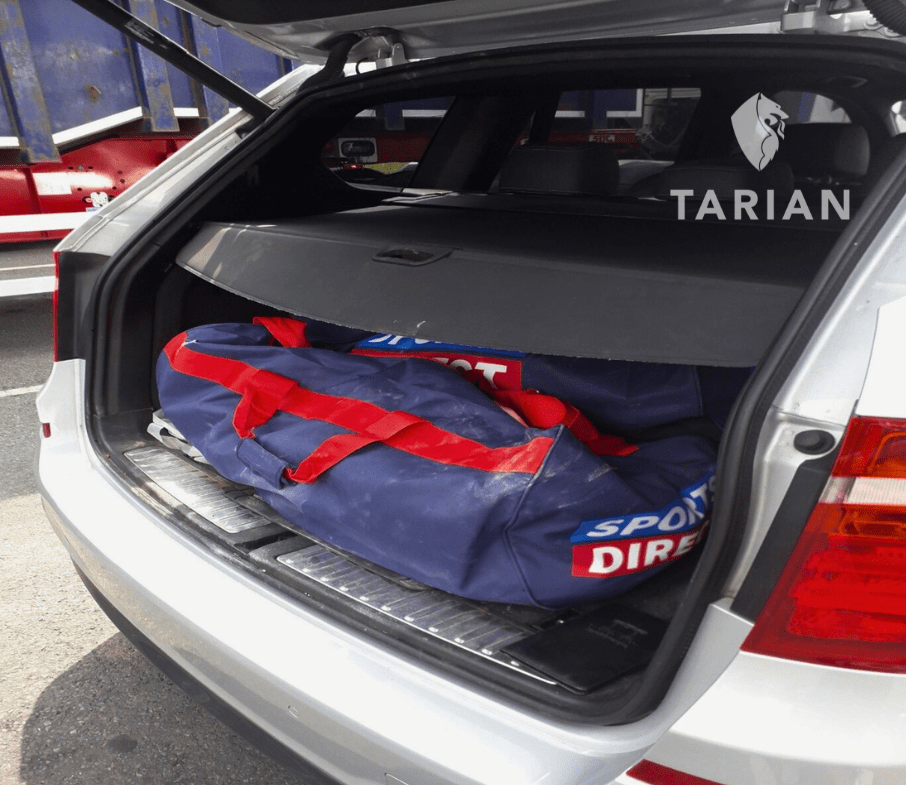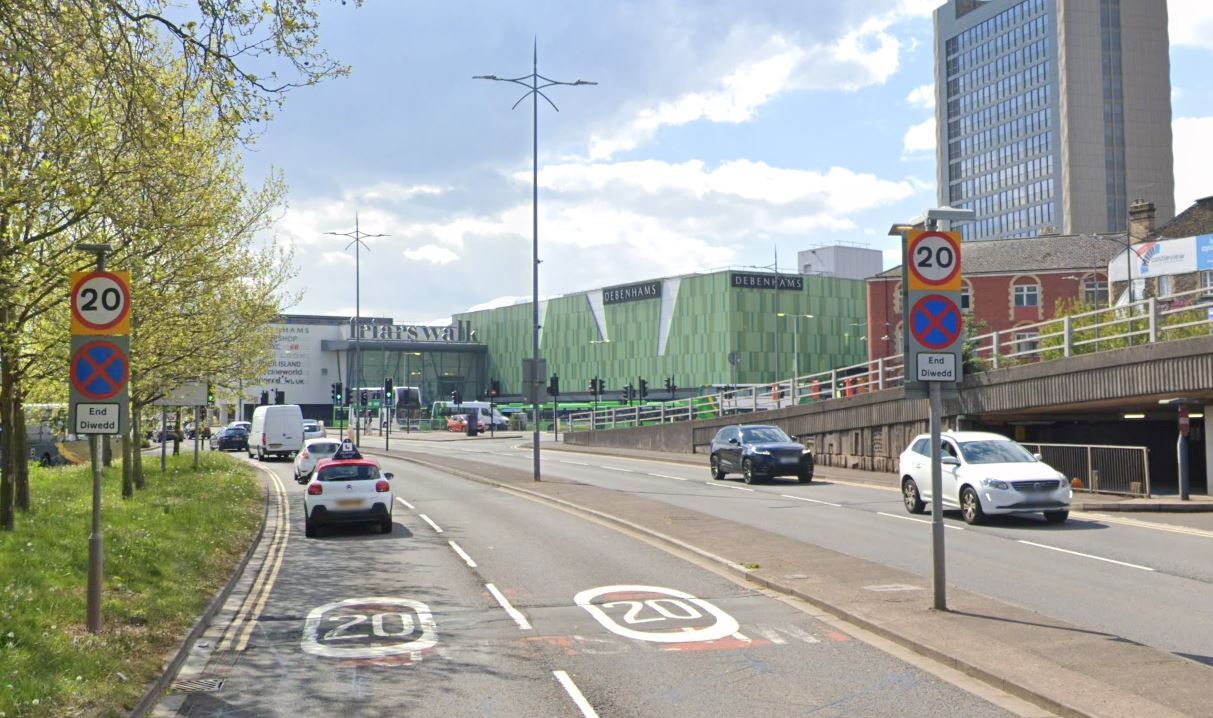THE head of one of Cardiff’s biggest homelessness centres said the queuing system outside its building has changed amid concerns over violence.
A recently published Shelter Cymru report called the system of queuing outside the Huggard centre and Ty Tresillian on Hansen Street “problematic”, adding that it presented a barrier to people accessing overnight accommodation and left them feeling exposed.
The report also said that violence around Ty Tresillian is “off-putting for some” and that there is “genuine fear” of being in the area amongst the most vulnerable people.
At a Cardiff Council community and adult services scrutiny committee meeting, Huggard chief executive Richard Edwards said queueing has been moved away from Ty Tresillian and that the situation has improved.
He said: “When we moved the out of hours service into the Housing Options building it meant we could make use of a waiting room inside, so that cut down on the vulnerabilities of people having to wait in a dark street often in the cold and wet.
“So, we have made lots of improvements around that because we were concious of the fact that queuing up on Hansen Street, queuing up to get into Ty Tresillian wasn’t a good environment. That hasn’t happened now since last year.”
Ty Tresillian is owned by Cardiff Council and run by the Huggard. The Housing Options Centre is owned and run by Cardiff Council.
On November 26, 2021 Jordan Cody-Foster, 31, died after being stabbed inside a tent on Hansen Street. Steven White, 44, pleaded guilty to murder and was sentenced to life imprisonment with a minimum of 26 years.
At the scrutiny committee meeting, held on Monday, April 24, members also saw written evidence from homelessness charity The Wallich, which raised concerns about Cardiff Council-run hostels and accommodation services being staffed overnight by security guards.
The report by The Wallich stated: “This means that these services are not being run in a way which is psychologically informed, and also that the unique training, skills and experience of support workers is not always available for
clients when they may need it.
“We have heard reports of inappropriate behaviour by security guards, and also of incidents which have not been handled correctly such as overdoses and needle stick injuries.”
Cardiff Council and the Huggard chief executive, Mr Edwards, assured committee members that they are looking to support people and stressed the importance of delivering a trauma informed approach.
Council officer Matthew Evans, said: “It is important we note that we do try to move away from the terminology of ‘security guard’ because it does give a different impression of what they are for.”
The council’s director of adults, housing and communities, Jane Thomas added: “Support workers do work alongside the guards, the guards don’t work alone.
“I think there was some sort of suggestion that we just had guards on site in the hostels and in the supported accommodation, but that isn’t the case and we do our best to make sure that there is really well-trained staff on site at all times.
“What the housing safety officers do is they allow the support workers to do their jobs in a more relaxed environment than they would otherwise be able to do.”
Council data shows that street homelessness has reached its highest level in Cardiff since the beginning of the Covid-19 pandemic.
However, the number of people sleeping on the city’s streets is still well below pre-pandemic levels according to the same data.
Charities like The Wallich and Shelter Cymru have highlighted that there are still major challenges in dealing with the rise of homelessness in Cardiff.
As well as praising some of the initiatives and schemes that Cardiff Council has in place, like like the single assessment centre (SAC) – a bespoke presentation pathway for single people – and the Multi Disciplinary Team (MDT), there are calls for the local authority to do more.
Shelter Cymru has recommended an evaluation of the process for accessing an emergency bed in Cardiff and called for all frontline services “from the point of access to the configuration of accommodation to be designed in a trauma informed way”.
Speaking at the scrutiny committee meeting, the cabinet member for housing and communities, Councillor Lynda Thorne, said: “Our outreach team, working together with The Wallich and The Salvation Army brought 92 rough sleepers into accommodation last year and although more than we would like, the number of people sleeping rough are still well below pre-pandemic levels.
“Despite all of this good work, however, and due to the current crisis which is being experienced across Wales, services remain under a great deal of pressure.
“In just one night, more than 90 people sought help with emergency accommodation. To ensure we could meet this demand, we have unfortunately had to resume to the re-use of shared sleeping spaces.
“This has meant that placements have often been made based on the accommodation available rather than the needs of the individual.
“Clearly there is still more work to be done and I am pleased to say that we have plans to open more move on schemes later this year, providing settled, good quality accommodation for single people.”
Please donate here: Support Carmarthenshire News Online Thank you for supporting independent journalism and contributing to the future of local news in Carmarthenshire. Carmarthenshire News Online has been dedicated to providing unbiased and trustworthy news, free from commercial or political influence. By donating as little as £1, you can help ensure the continuation of this important source of information for the community. Your contribution will have a significant impact on the sustainability of independent journalism. If you're looking to enhance your brand's visibility, we also offer advertising opportunities on our Livestream and podcasts. Our special offers provide excellent value for reaching our engaged audience. To learn more about these opportunities and to discuss your advertising needs, please feel free to call or text us at 07308598604. Thank you again for your support, and together we can ensure the availability of quality local news for Carmarthenshire and beyond.
Please donate here: Support Carmarthenshire News Online









